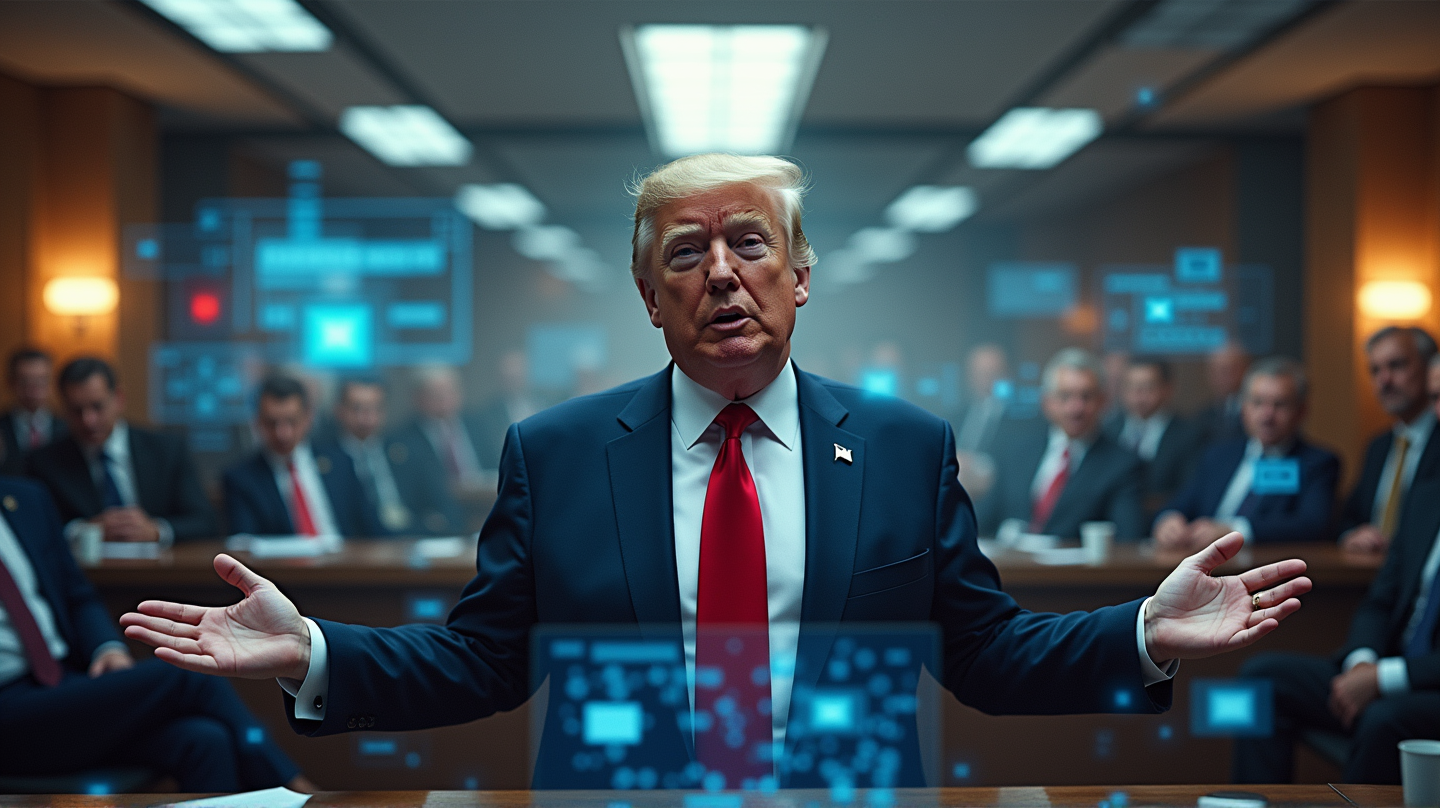The digital assets landscape in the United States is facing a turbulent phase as heated discussions in Congress revolve around President Donald Trump’s potential involvement and benefits from the booming crypto industry. The tensions were palpable during the June 4 House Financial Services Committee hearings, where lawmakers battled over the prospective Digital Asset Market Clarity (CLARITY) Act, scrutinizing its implications amid accusations of Trump’s conflicts of interest.
The CLARITY Act: A Double-Edged Sword?
The CLARITY Act emerged as a bipartisan attempt to pave the way for digital asset regulation, yet its journey has been anything but smooth. Assertions from Democratic representative Maxine Waters highlighted apprehensions over Trump leveraging his presidential influence for personal gain in the crypto domain. “This rushed, overly complicated bill will increase investor harm,” Waters warned, emphasizing the risks of broad exemptions in the proposed legislation.
According to Cointelegraph, the divide between supporters and detractors paints a complex image, with some calling for thorough investigations into Trump’s crypto interactions, including his connections to World Liberty Financial.
Shadows of Conflict of Interest
In the House hearings, former CFTC Chair Timothy Massad candidly voiced his concerns, labeling Trump’s crypto affiliations as a ‘taint’ on the industry’s integrity. “We cannot tell now to what extent is the president doing something because it’s in America’s best interest or because it’s aiding his personal enrichment,” Massad remarked, underlining the national security ramifications.
Amid accusations of hosting dinners with crypto stakeholders, Trump continues to garner suspicion of utilizing non-public information for investment advantages, sparking discourse on ethical transparency in political spheres.
Legislative Turmoil and Stagnation
The legislative path to a digital asset framework is fraught with hurdles, with competing bills such as the Senate’s GENIUS Act and the market structure bill in the House navigating tumultuous waters. The complexities surrounding Trump’s crypto connections present significant challenges in securing bipartisan consensus, threatening to stymie legislative progress.
A Fractured House Awaits Solutions
As the House Agriculture Committee delves into digital asset frameworks, the political quagmire shows signs of deepening. Lawmakers like Angie Craig caution against potential policy manipulations, warning that Trump’s involvements could amplify legislative difficulties.
In the broader scope, these legislative confrontations reflect a critical juncture for the United States’ position on digital currency regulations, with implications stretching beyond the domestic landscape.
Through this unfolding drama, the overarching query remains—can a resolution be forged that both advances digital innovation and mitigates ethical quandaries tied to the highest echelons of political power?
